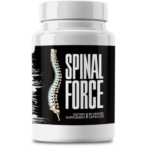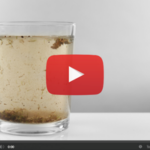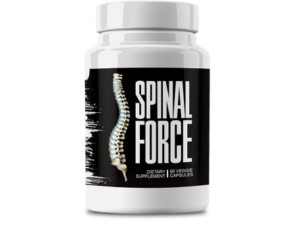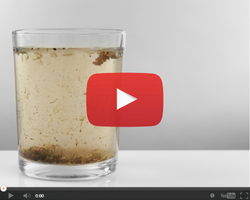This Village-Made Chinese Pain Reliever Eliminates Back And Joint Pain!
Arthritis in Jaw vs. TMJ: What’s the Difference?
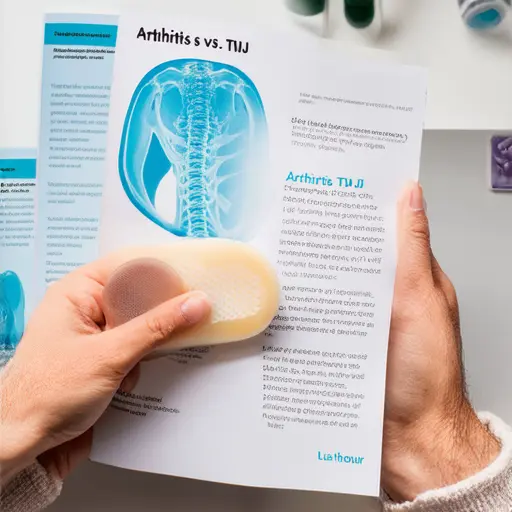
Arthritis in Jaw vs. TMJ: What’s the Difference?
Jaw pain can be a real headache—literally. If you’ve ever winced while chewing or heard unsettling clicks when you yawn, you might be wondering: Is this arthritis in my jaw, or is it a TMJ disorder? Both conditions mess with your temporomandibular joint (TMJ), but they’re not the same thing. Knowing which one you’re dealing with is half the battle when it comes to finding relief. Let’s break it down so you can get back to eating, laughing, and living without pain.
Arthritis in Jaw vs. TMJ Disorders: What’s Going On?
Jaw Arthritis: When Your Joint Wears Down
Think of jaw arthritis like a hinge that’s lost its padding. Over time, the cartilage in your TMJ wears thin, leading to inflammation and pain. While it’s more common as we age, conditions like rheumatoid arthritis or an old injury can speed up the process. Unlike TMJ issues (which often come and go), arthritis is a slow burn—it sticks around and can get worse without proper care.
TMJ Disorders: Your Jaw’s Bad Day
TMJ disorders are like your jaw throwing a tantrum. Maybe you’ve been grinding your teeth at night, or stress has you clenching like there’s no tomorrow. These issues are usually temporary fixable with some TLC—think mouthguards, stress relief, or dental tweaks.
Spotting the Differences
- What’s the same? Both can make chewing feel like a chore and leave your jaw feeling stiff.
- What’s different? Arthritis is a long-term wear-and-tear issue; TMJ problems often stem from mechanics (and can improve faster).
- Timing: Arthritis creeps up; TMJ pain might hit you after a big stressor or injury.
Symptoms: Decoding Your Jaw’s SOS Signals
Jaw Arthritis Red Flags
If arthritis is the culprit, you might notice:
- A deep, nagging ache that lingers
- Swelling that makes your face feel puffy
- Your jaw moving like a rusty gate (stiff and creaky)
- Grinding noises that sound like gravel in your joint
TMJ’s Telltale Signs
TMJ disorders love drama—look out for:
- Sharp clicks or pops when you chew (like your jaw’s popcorn kernel)
- Sudden stabs of pain right at the joint
- Your jaw getting “stuck” open or closed
- Mysterious earaches or headaches tagging along
Quick Symptom Cheat Sheet
- Pain: Arthritis = constant dull ache; TMJ = comes and goes
- Sounds: Arthritis = grinding; TMJ = clicking
- Who’s at risk? Arthritis favors older adults; TMJ doesn’t discriminate by age
Why Your Jaw Might Be Acting Up
Jaw Arthritis Culprits
Your joint might be struggling because of:
- Osteoarthritis: The “mileage” on your joint catching up
- Rheumatoid Arthritis: Your immune system mistakenly attacking your joints
- Past Trauma: That old sports injury coming back to haunt you
Who’s More Likely to Get It?
- Anyone over 50 (thanks, aging)
- People with autoimmune conditions
- Those who’ve taken a hit to the jaw
TMJ Triggers (It’s Usually Lifestyle)
TMJ issues often start because of:
- Nighttime teeth grinding (bruxism)
- A bite that’s out of alignment
- Stress turning you into a jaw-clenching machine
Getting Answers: How Doctors Diagnose These Conditions
Tests for Jaw Arthritis
Your doctor might order:
- X-rays: To check for bone changes
- MRI: For a closer look at cartilage
- Blood Work: Hunting for rheumatoid markers
How TMJ Gets Diagnosed
Your dentist will likely:
- Watch how your jaw moves (or doesn’t)
- Take panoramic X-rays
- Ask about your symptoms and habits
When to Call in the Pros
Time to see a specialist if:
- Pain overstays its welcome (2+ weeks)
- Your jaw starts looking swollen or misshapen
- OTC meds aren’t cutting it
Treating Jaw Arthritis: Your Options
Medications That Help
Your doctor might suggest:
- NSAIDs (like ibuprofen) to calm inflammation
- Steroid shots for bad flare-ups
- Special meds if it’s rheumatoid arthritis
Movement Is Medicine
Physical therapy can include:
- Gentle stretches to keep things moving
- Alternating heat and cold for swelling
- Tips to fix posture (yes, it affects your jaw!)
When Surgery Enters the Chat
For severe cases, options include:
- Arthrocentesis (flushing out the joint)
- Joint replacement (last resort)
TMJ Relief: Simple Fixes That Work
At-Home Wins
Try these to ease TMJ pain:
- Give your jaw a break (skip gum and tough foods)
- Manage stress before it manages you
- Warm compresses are your new best friend
Dental Solutions
Your dentist might recommend:
- A nightguard to stop grinding
- Braces or aligners to fix your bite
Surgery? Rare But Possible
Only considered for:
- Joints that won’t stay in place
- Major structural damage
Keeping Your Jaw Happy Long-Term
Daily Habits That Help
- Mind your posture (no more chin-to-chest scrolling)
- Save the yelling for sports games
Foods That Play Nice
- Soft foods during flare-ups (soup’s on!)
- Stay hydrated—your joints love lubrication
Stress-Busting for Your Jaw
Since stress fuels both issues:
- Try yoga or meditation
- Practice deep breathing (your jaw will thank you)
Wrapping It Up
Remember These Key Points
- Arthritis = long-term joint changes; TMJ = often temporary mechanics
- Both hurt, but arthritis keeps progressing
- Early action = better outcomes
Don’t Suffer in Silence
Ongoing jaw pain isn’t normal—whether it’s arthritis or TMJ, getting help early can save you bigger problems down the road. If you’ve been toughing it out, make that appointment today. And hey, drop a comment below if you’ve found tricks that work for your jaw woes!


